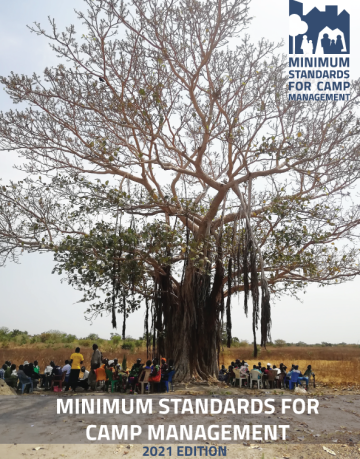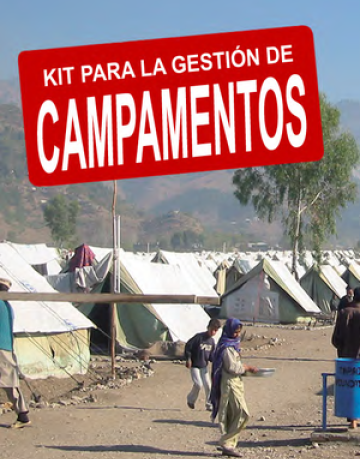The broad goal of the document is to assist shelter actors in South Sudan understand existing land rights over plots of land and to minimize the risk of shelter activities further contributing to land disputes. The guidelines also can help shelter actors apply the Global Shelter Cluster Due Diligence Standard to help actors respond to issues of land rights as they emerge, or where there exists risk that land issues might emerge in shelter programming. As such, the document provides guidance that allows shelter actors to achieve legal certainty in land rights and reduce the risk of tension and eviction, and operationalize the due diligence standard in emergency shelter programming.
The guidelines are organized corresponding to the four phases characterizing a shelter intervention according to the Due Diligence Standard. Each phase or component of shelter intervention provides details on applicability by shelter scenario and provides a checklist that may be useful for other shelter intervention contexts outside of South Sudan. The phases included in the guidance are as follows:
1) Preparedness and Planning
2) Before Shelter Activities
3) Implementation of Shelter Activities
4) Evaluation
Most of the document is specific to South Sudan, but it provides guidance for areas characterized by conflict, communal land rights, and Host Land/Allocated Land contexts. The document also provides a detailed history of the key characteristics of the land rights situation in South Sudan, including legislation, customary land rights, gender issues, and history, as well as land issues in the context of the current conflict. In addition to the phased approach for shelter interventions according to the Due Diligence Standard, the document also provides additional information in the annexes.










